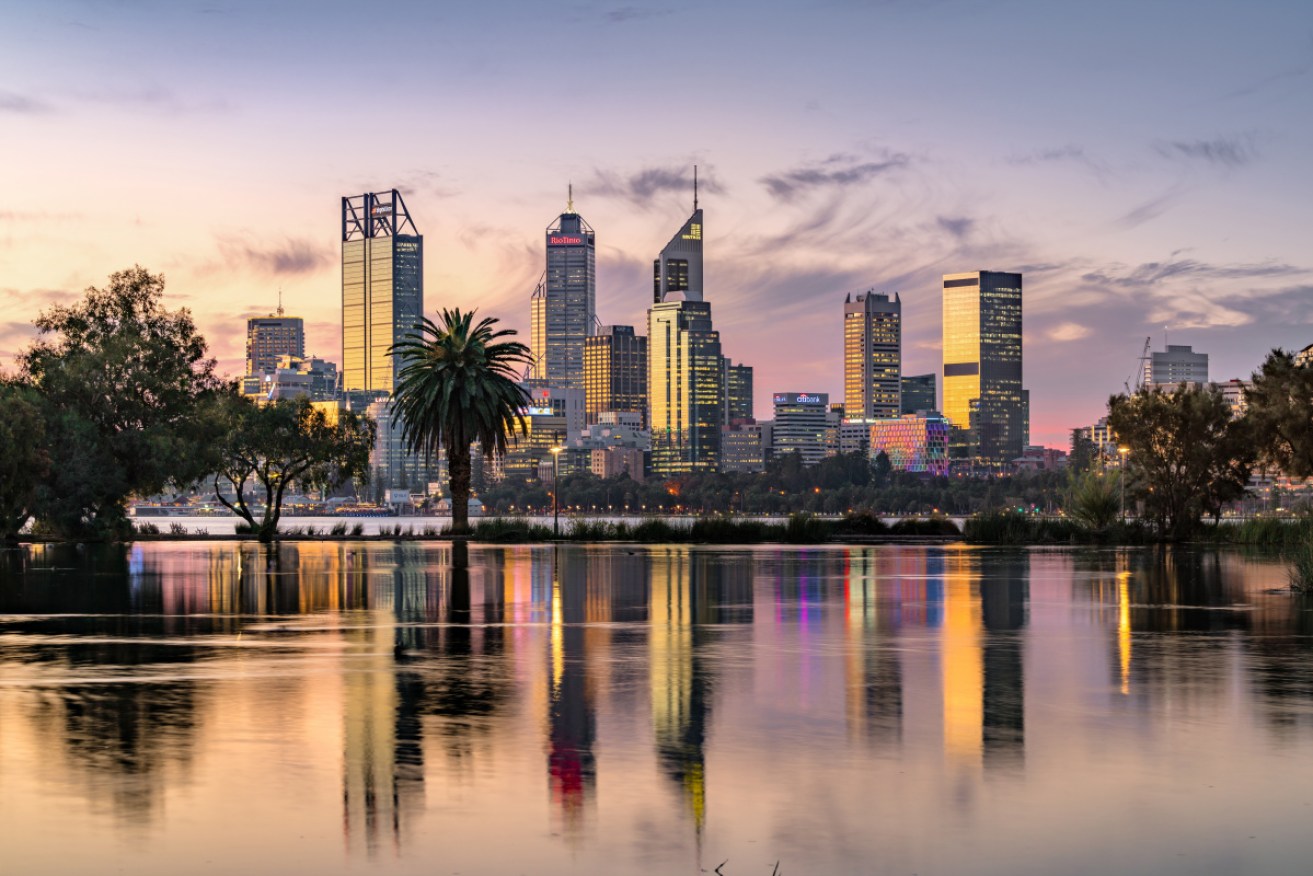Perth suffers second-largest annual cost-of-living increase in the world


Perth has experienced the second-largest cost of living increase in the world this year. Photo: Getty
Paris and Zurich have displaced Singapore and Osaka to become the most expensive cities in the world alongside Hong Kong.
But this year the biggest cost-of-living increases were in Tehran and Perth.
Over the past 12 months, the Western Australian capital climbed 12 places on The Economist Intelligence Unit (EIU)’s annual cost-of-living index to become the 67th most expensive city in the world.
Only Tehran made a bigger leap up the ladder – climbing 27 rungs to 79th place due to the reduced supply of goods (and subsequent price increases) caused by US sanctions.
Bankwest Curtin Economics Centre deputy director Rebecca Cassells said the size of Perth’s jump up the rankings was surprising “given we know a lot of prices have fallen in recent times”.
Australia’s Consumer Price Index, for instance, rose by just 0.7 per cent in the year to the September quarter.
But Associate Professor Cassells told The New Daily that Perth’s isolation from the rest of the country helped to explain why its prices – as measured by the EIU – increased by more than any other Australian capital.
Firstly, she said, Perth’s remoteness means its businesses have to pay a wage premium to lure workers from other states, which drives up wages and, by extension, prices.
Secondly, the tyranny of distance directly increases the cost of consumer goods through higher transportation costs and reduced competition, due to supply chain issues.
“Perth has the highest wages in all of Australia – and that’s been a characteristic of Perth and WA for a very long time. So with higher wages, generally you do see higher prices,” Ms Cassells said.
That doesn’t necessarily mean Perth is unaffordable.
But for people on lower incomes or without a job, then it makes living in Perth particularly challenging.
“It’s a boom-and-bust city, as well,” Associate Professor Cassells said.
“And, in fact, at the moment, we see a lot of signs of the economy heating up in Western Australia. There’s no signs of all, actually, of a recession here in the state.
“If anything, you’ve got the problems you would normally have when an economy is booming, which is the skills shortage issue, the housing shortage issue, and then prices increasing.”
Global trends
Currency volatility, supply chain problems, the impact of taxes and subsidies and changing consumer preferences were the main drivers of moves in EIU’s rankings this year.
But other factors were at play, too.
Singapore slipped from joint pole position to fourth place after an exodus of foreign workers significantly reduced demand.
The city-state’s population contracted for the first time since 2003 and deflation set in as a result.
Osaka witnessed similar trends and subsequently fell out of the top 10 most expensive cities in the world. Consumer prices fell and the Japanese government subsidised public transport.
But the biggest price drops took place in Brazilian cities Rio de Janeiro and São Paolo, due to weakness in the currency and rising poverty levels.
Tweet from @TheEconomist
Upasana Dutt, head of Worldwide Cost of Living at The Economist Intelligence Unit, said the weakening of the US dollar relative to western European and Asian currencies had shifted the prices of goods and services.
“Asian cities have traditionally dominated the rankings in the past years but the pandemic has reshuffled the rankings of this edition,” she said, noting computer prices had risen and clothes prices fallen.
“Although much will depend on the course of the pandemic, we expect many of the above price trends to continue into 2021.
“With the global economy unlikely to return to pre-pandemic levels until 2022, spending will remain restricted and put prices under downward pressure.
“Many price-conscious consumers will prioritise spending on staples, home entertainment and faster internet access.
“Big-ticket items, as well as clothing and out-of-home recreation, will continue to struggle.”











